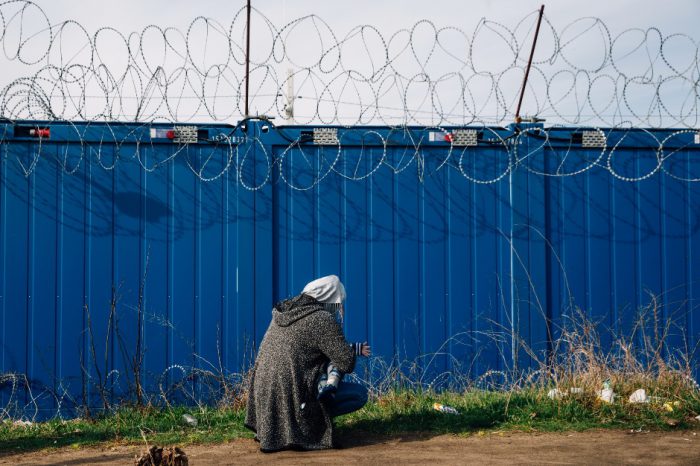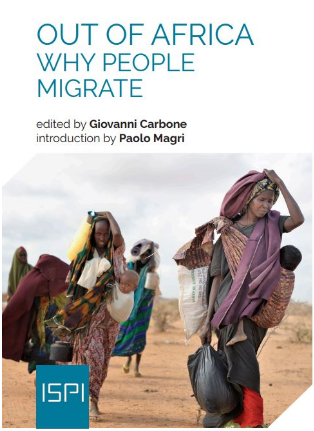In Ventimiglia zeigen sich die ersten Folgen der Strategie des italienischen Innenministers Minniti: kam die Mehrzahl der Flüchtlinge bisher aus Eritrea, Sudan, Äthiopien und anderen subsaharischen Ländern, so sind es nun vor allem jugendliche Algerier, Tunesier und Marokkaner, die versuchen, die Grenze nach Frankreich zu passieren. Beobachter glauben, dass die Nachbarländer Libyens versuchen, Geld von der EU zu bekommen, damit sie wieder dafür sorgen, dass die Migration blockiert wird.
Il Fatto Quotidiano | 22.10.2017
Ventimiglia è un luogo di osservazione privilegiato per comprendere i mutamenti nei flussi e nelle rotte dei migranti in viaggio verso l’Europa. Così negli ultimi 15 giorni, ad arrivare nella città di frontiera, insieme ai tanti richiedenti asilo e rifugiati usciti senza speranza dalle maglie dei circuiti di accoglienza italiani, ci sono le persone arrivate con gli sbarchi, tornati numerosi come gli scorsi anni. A cambiare però è il volto di chi arriva, non più persone provenienti da Sudan, Eritrea, Etiopia e altri paesi dell’Africa subsahariana, che rappresentavano il numero maggiore alla frontiera con la Francia fino allo scorso anno, ma algerini, tunisini e giovani provenienti dall’area del Maghreb. Sono i primi effetti della “strategia Minniti”, che secondo diversi addetti ai lavori corrisponderebbero al tentativo da parte dei paesi vicini alla Libia di battere cassa all’Europa per tornare a bloccare i flussi, come recentemente stabilito dall’accordo tra Italia e Libia.
Weiterlesen »


